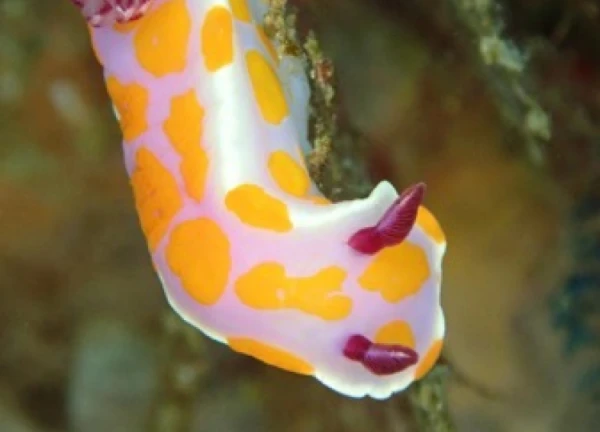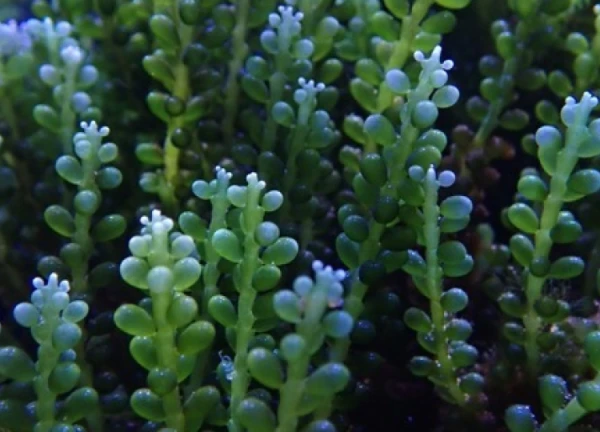About the Coastal Marine Field Station
In December 2011 the University of Waikato’s Environmental Research Institute opened the Coastal Marine Field Station in Sulphur Point, Tauranga, and within a year the premises were extended to cope with a significant increase in research activity.
Chair in Coastal Science, Professor Chris Battershill, heads the Coastal Marine Field Station and its team. It is the hub for a wide range of ground breaking research being conducted in Tauranga Harbour and around the Bay of Plenty.

Image credit: Nicole Miller
Our aim as a research hub in the sunny Bay of Plenty is to:
- Provide a platform for carrying out field-based research and training across a diverse array of habitats (urbanised harbours, sheltered estuaries, open coastal beaches and reefs, offshore islands and active volcanic marine systems).
- Provide a sophisticated laboratory and research aquarium facility seamlessly linked to in situ access for advanced investigations into the resilience of our marine ecosystems, and the diversity therein, to a changing climate and pressures of anthropogenic development.
- Provide a research base that encompasses expertise in biophysical sciences and environmentally targeted engineering, that seamlessly integrates cultural, social and economic needs.
- Provide a platform that permits synergies amongst marine molecular and microbial sciences with whole of ecosystem dynamics research, and engineering technologies, nurturing innovations in autonomous surveillance/resource management that both protects coastal marine biodiversity while enhancing ecosystem resilience.
- Provide a solutions-oriented approach to understanding the critical issues in coastal marine resilience with an additional directive to enhance performance in our sustainable blue economy.
- Provide a platform for research that permits growth in New Zealand's blue economy leading to development of novel coastal enterprise.
- To be New Zealand’s premier research facility for understanding how urbanised coasts can be managed sustainably.
Growth of the Research hub
The Coastal Marine Field Station has seen considerable expansion in recent years with the development of the Facility for Aquaculture Research of Macroalgae (FARM) Funded by the Entrepreneurial Universities collaborative project group lead by Marie Magnusson.
Additionally, the Earth Life Interactions research group led by Terry Isson focuses on developing a deeper understanding of global biogeochemical cycles and climate.
The building of the new city campus has also seen the opening of laboratories in the central city for both teaching and research.
With the advent of the Tauranga city campus and the Bachelors, Masters, and PhD programs now on offer there, an alliance has been forged with Engineering, Health and Computing. The collaborative NEXUS tech lab permits education, training, and research across these disciplines, with an initial focus on issues in the marine estate. As such, high-end robotics, AI, and machine learning expertise is applied to marine biosecurity, biodiversity surveillance needs as well as providing innovations that will significantly advance our blue economy.

Image credit: Ethan Russel